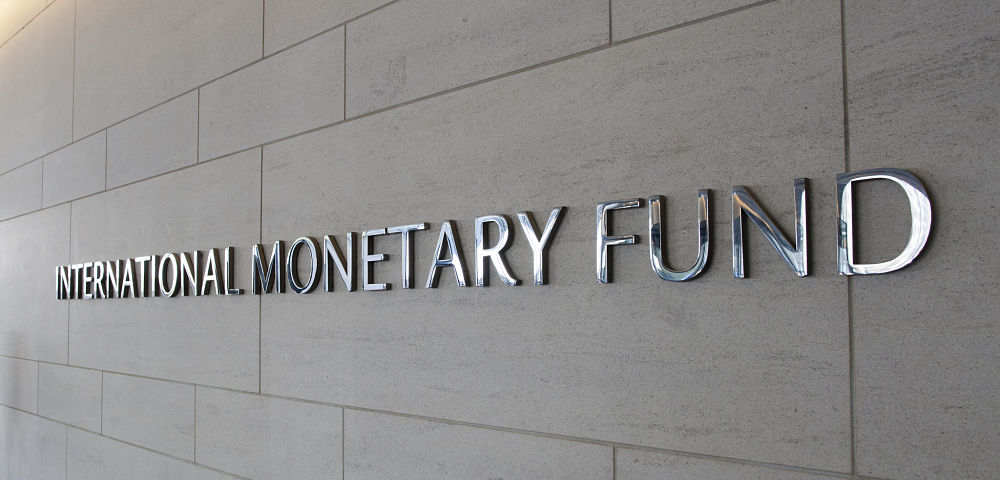IMF Chief Warns of Economic Slowdown on Back of Trade Disputes

The head of the
Speaking before the fund’s forthcoming annual meeting – taking placenext week on the Indonesian island of
Lagarde suggested the economic weather had started changing after the last annual meeting in
Although there are still bright spots from falling levels of unemployment and the proportion of the global population living in extreme poverty falling to a record low of less than 10%, she said some risks to the economy had begun to materialise.
Growing use of trade barriers, such as higher taxes on foreign imports, has already lowered the level of imports and exports around the world, while there has been an impact on business investment and manufacturing output, she said.
“If the current trade disputes were to escalate further, they could deliver a shock to a broader range of emerging and developing economies,” she added.
In a veiled attack on the US, where Donald Trump has slapped higher import tariffs on a range of goods from foreign nations, she said nations “sailing alone” would not help to fix international trade disputes.
Lagarde said: “History shows that, while it is tempting to sail alone, countries must resist the siren call of self-sufficiency – because as the Greek legends tell us, that leads to shipwreck.”
Trump has been typically shown to favour unilateral action on trade matters rather than cooperation through international forums such as the
Although the US reached a renewed deal over the weekend on trade with
Lagarde also sounded the alarm over financial stability, where the total value of global debt – in both the public and private sectors – has rocketed by 60% in the decade since the financial crisis to reach an all-time high of $182tn.
She said the buildup had made governments and companies around the world more vulnerable to higher interest from central banks, including recent moves from the US Federal Reserve.
Several developing nations have been hit by plunging currencies in recent months as global investors become increasingly concerned about their ability to repay their debts amid rising borrowing costs around the world.
Lagarde said emerging markets – excluding
“This should serve as a wake-up call,” she said.



